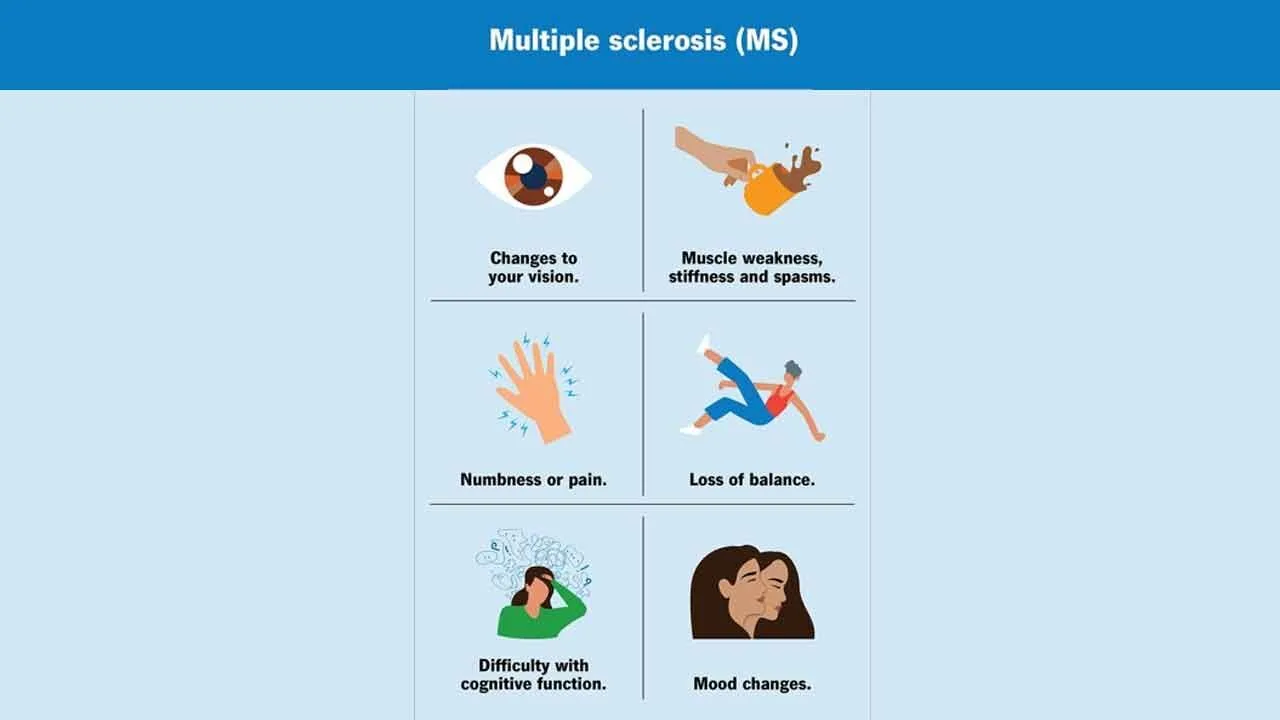Early Signs of Multiple Sclerosis May Appear Years Earlier Than Suspected
New research suggests that the onset of multiple sclerosis (MS), a debilitating autoimmune disease, may occur much earlier in life than previously believed. Canadian scientists have uncovered evidence indicating that the earliest indicators of this disorder can manifest more than a decade before a formal diagnosis.
Unveiling the Preclinical Phase of MS
For years, medical professionals have recognized that MS likely has a long preclinical phase, a period where the disease process is active but without overt clinical symptoms. This new study provides compelling evidence to support this theory, potentially revolutionizing our understanding of MS development and paving the way for earlier intervention.
Key Findings of the Research
- The research team identified subtle changes in the immune system years before the appearance of typical MS symptoms.
- These changes involve the activation of specific immune cells that target the myelin sheath, the protective covering of nerve fibers.
- The study suggests that these early immune system abnormalities could serve as biomarkers for predicting future MS development.
Implications for Diagnosis and Treatment
The findings have significant implications for the diagnosis and treatment of MS. Identifying individuals at high risk of developing MS during the preclinical phase could allow for early interventions aimed at delaying or even preventing the onset of the disease. This could involve lifestyle modifications, immunomodulatory therapies, or other preventative strategies.
Future Directions
The researchers emphasize that further studies are needed to validate these findings and to develop reliable screening tools for identifying individuals in the preclinical phase of MS. They also plan to investigate the factors that trigger the transition from the preclinical phase to the clinical phase of the disease.
Final Overview
This groundbreaking research sheds new light on the early stages of multiple sclerosis. By understanding the preclinical phase of the disease, scientists hope to develop strategies for earlier diagnosis and intervention, ultimately improving the lives of individuals at risk of developing MS.



+ There are no comments
Add yours